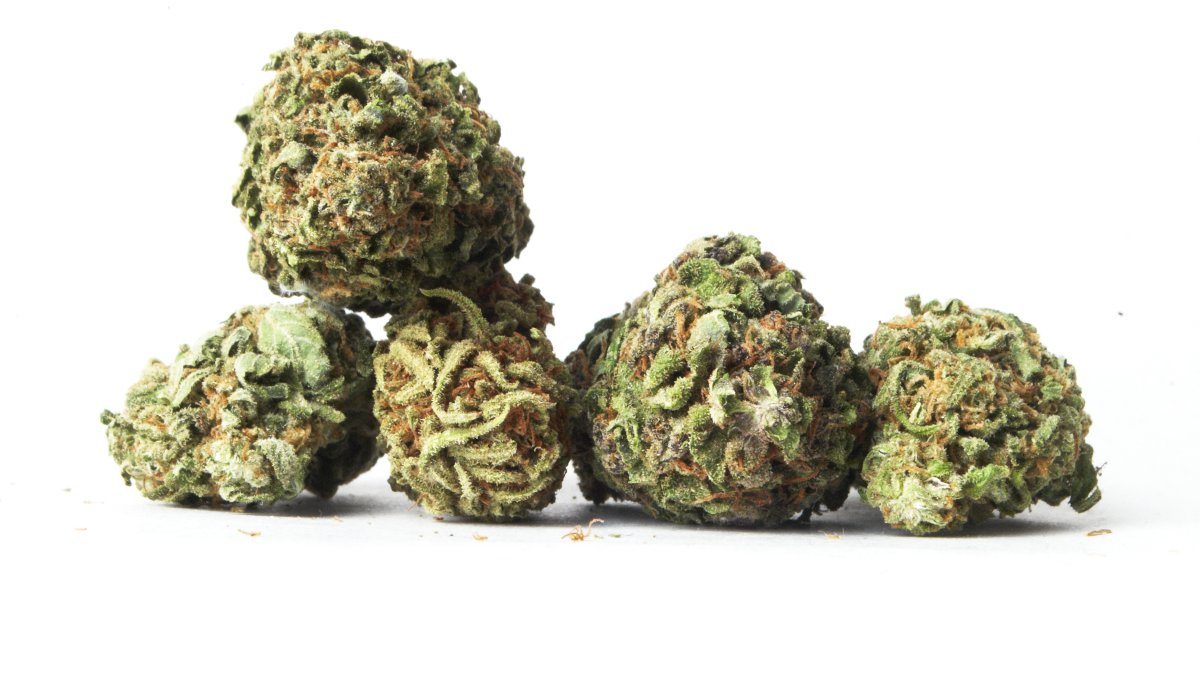NEW YORK — A coalition including some of New York’s medical marijuana companies sued state cannabis regulators on Thursday in a bid to immediately open licenses to all retail dispensary applicants.
The lawsuit, filed in state court in Albany, claims that state cannabis regulators exceeded their legal authority when they opened up the initial pool of applications in August only to people with previous marijuana convictions. or their family members, rather than everyone. The lawsuit names the state’s Cannabis Control Board and Office of Cannabis Management, as well as senior officials, as defendants.
Providing early opportunities for people with previous marijuana convictions or their family members was an attempt to create opportunities for those who were most affected by the marijuana police, resulting in the arrest of blacks and Latinos in disproportionate rates.
According to a memo filed with the lawsuit, cannabis regulators “exceeded their regulatory authority” and, as a result, “delayed indefinitely licensing the hundreds of additional dispensaries needed to meet consumer demand and displace illicit markets”.
The lawsuit comes as New York tries to revive its potentially huge legal market nearly two years after legalizing recreational marijuana for adult use. So far, 66 dispensary licenses have been granted. The state’s fifth store, a dispensary in Ithaca, was scheduled to open Thursday.
The lawsuit was brought by the Coalition for Access to Regulated & Safe Cannabis, a trade association representing licensed medical cannabis suppliers including Curaleaf, Green Thumb Industries, Acreage Holdings and Pharmacann. The companies have been unable to enter the adult market in the state due to the limited licensing program, a coalition spokesperson said.
This isn’t the first time the state’s cannabis licensing process has been challenged legally. In November, a judge temporarily blocked New York from issuing marijuana dispensary licenses in Brooklyn and parts of upstate New York after Variscite NY One claimed the state’s screening process favored erroneously in-state residents versus out-of-state residents. This case is ongoing.
Meanwhile, pot shops and unlicensed trucks have been popping up across the state.
The lawsuit argues that if the license had been open to all applicants, it would have curtailed illicit stores and generated enough tax revenue to reinvest in local communities, which are key provisions of the law that legalized marijuana for medical purposes. recreational.
A spokesperson for the Office of Cannabis Management said it had no comment on the lawsuit.

